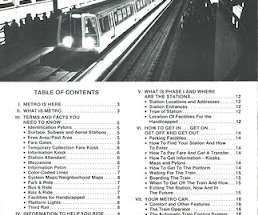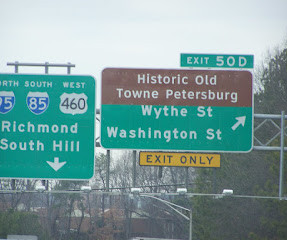20th anniversary of the blog| Urban revitalization systems thinking's greatest hits: Part two -- not transportation
Rebuilding Place in Urban Space
FEBRUARY 18, 2025
These two recent entries recount many of the pieces as step by step I developed a more comprehensive approach to arts-based revitalization. -- " Lack of a system breeds more of the same: Source Theater, Washington DC, up for sale 2006, 2024 ," (2024) -- " The town (or place) that art saved(?):












Let's personalize your content